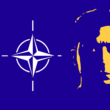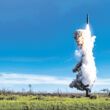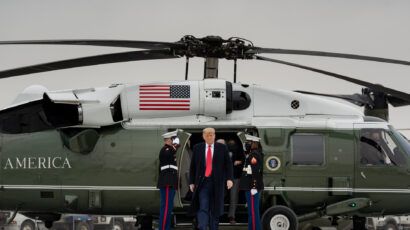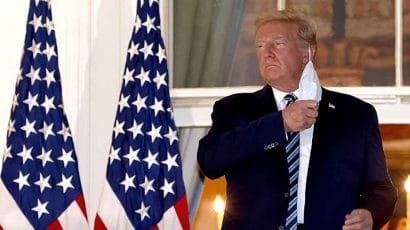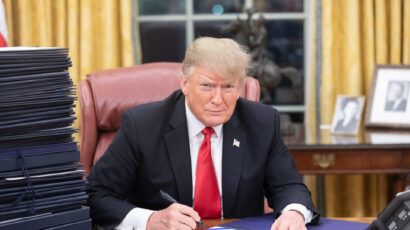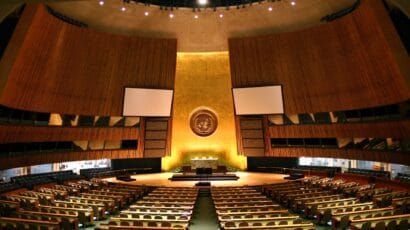Where to start: Win-win opportunities
By Emily B. Landau, January 27, 2014
The Middle East desperately needs to establish a regional security dialogue—but such a dialogue is only possible if parties work to identify common security problems and reasonable, win-win solutions to those problems. Admittedly, a process of this kind might require regional parties to let go of long-held political positions. But letting go is not impossible, as was demonstrated by the Arms Control and Regional Security working group, the security forum for the Middle East that produced some promising results in the early 1990s.
My colleague Mostafa Elwi Saif, unfortunately, has written nothing so far in this roundtable that would encourage establishment of regional dialogue or a search for win-win solutions. He seems to see only obstacles and negative dynamics. His Round Two essay was devoted almost entirely to Israel's alleged nuclear intransigence and a flat rejection of Israel's security concerns.
Saif also made a number of claims that—though I would prefer to avoid rehashing old debates—cannot go unanswered. In his attempt to portray Israel as the aggressor instead of the threatened party in the Middle East, Saif failed to mention that in 1948 the Arab parties rejected a United Nations partition plan and then set their sights on destroying Israel; that Arab states adopted a rejectionist approach after the 1967 war, vowing that there would be no peace with, recognition of, or negotiations with Israel; that Iran's nuclear program, coupled with rhetoric that denies Israel a place in the Middle East, is a matter of deep concern to Israel; that the expressed goal of the militant groups Hamas and Hezbollah is the destruction of Israel; and that these groups' missiles and rockets deliberately target Israeli civilians. Moreover, Saif includes among his examples of "Israeli aggression" the June 1967 war and the Israel-Gaza conflict of 2012—claims that I consider bizarre.
More broadly, Saif argues that Israel's nuclear deterrent has not been effective because "Arab states and even non-state political movements have continued over the decades to use military power to defend their strategic interests." But the sole purpose of Israel's nuclear deterrent is to ward off existential threats. Israel's involvement in so many conventional conflicts is actually proof of its noteworthy restraint and iron-clad record of responsibility in the nuclear realm. This restraint also helps explain other states' long-standing if grudging acceptance of the nuclear status quo.
Radwan Ziadeh, meanwhile, introduces into the debate a broad range of regional issues—and this allows win-win opportunities to be explored. The horrors of the Syrian civil war, the Syrian regime's use of chemical weapons, the threats associated with non-state actors, and Iran's nuclear program—discussing these issues sets the stage for a more productive debate based on the recognition that there are a host of security challenges in the region and not everything boils down to Israel. Moreover, Ziadeh takes an important step in the direction of understanding Israel's concerns in the nuclear realm when he notes that international acceptance of elements of Iran's nuclear program would make Israel less likely to accede to the Nuclear Non-Proliferation Treaty.
I take issue with Ziadeh on one key point, however. He portrays the establishment of a Middle East chemical-weapon-free zone as seemingly low-hanging fruit that, because Israel and Egypt lack incentives to participate, is really not so low-hanging after all. I do not share his pessimism, at least in Israel's case. As long as negotiations toward banning chemical weapons took place in the context of a regional security process, it is far from unimaginable that Israel would participate.
Progress on regional security issues is sorely needed. If initial progress were made on security issues where common interests can be identified, conditions might be created for addressing additional security issues that are more difficult to tackle due to the zero-sum positions of regional actors. But the first step is for the parties, within a regional framework, to begin holding meetings and undertaking discussions. Nothing will happen until that happens.
Topics: Nuclear Weapons
Share: [addthis tool="addthis_inline_share_toolbox"]



